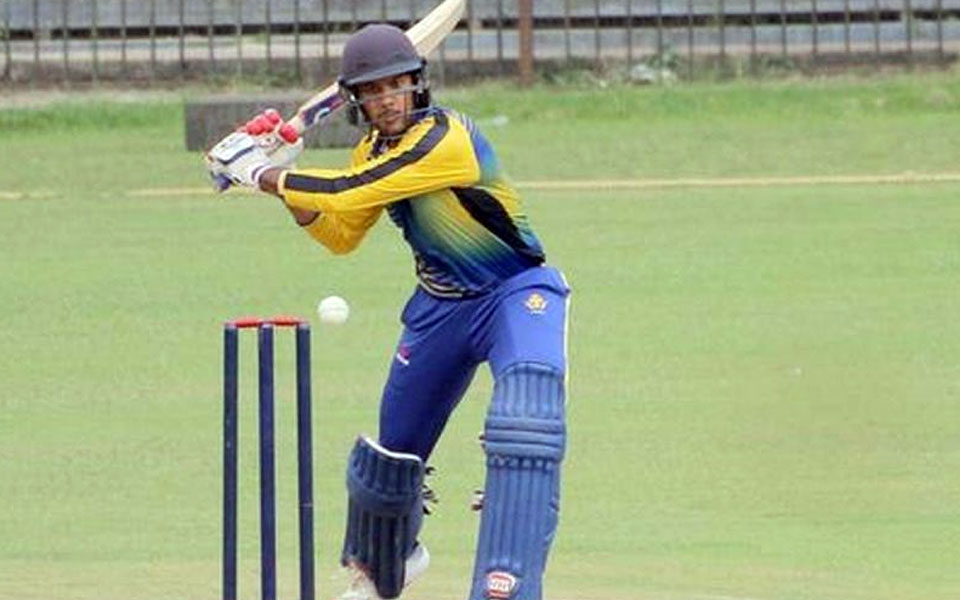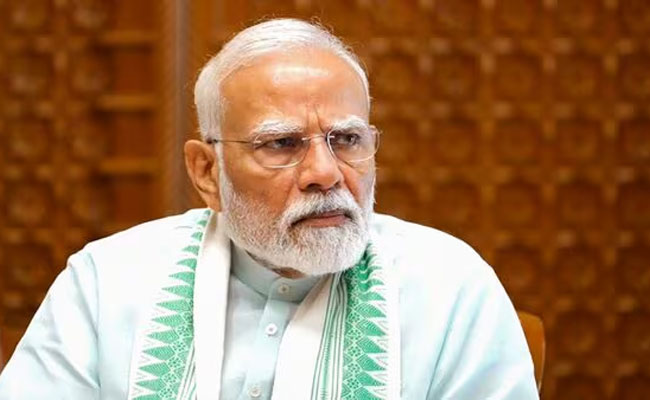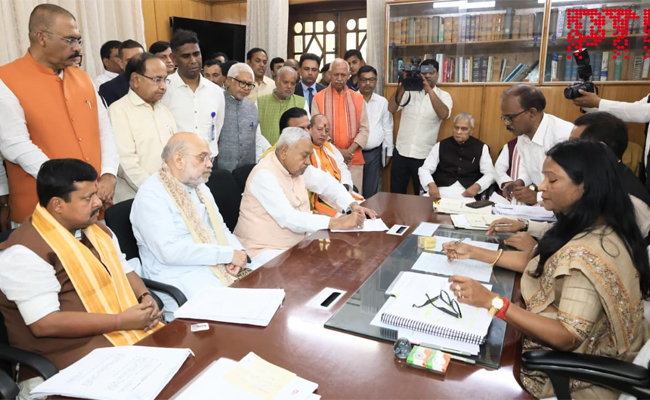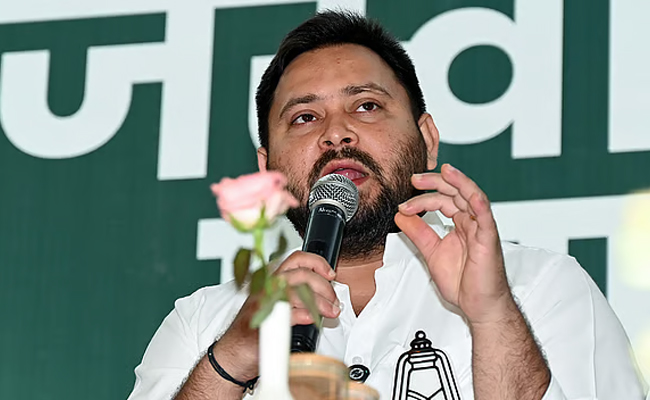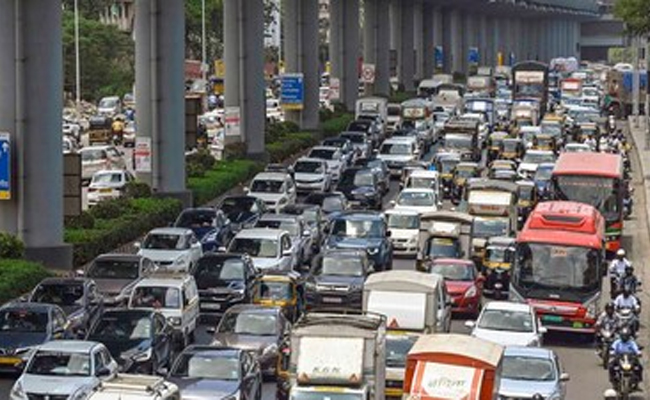Indore: A formidable Karnataka continued their winning streak in the Super League stages of the Syed Mushtaq Ali trophy after they trounced Delhi by 8 wickets in Group B match here Sunday.
Earlier, Karnataka had beaten domestic giants Mumbai and Uttar Pradesh in their previous two Super League stage matches of the national T20 tournament.
It was an all-round show from Karnataka where right-arm medium pacer Koushik V shone with the ball and later Mayank Agarwal and Karun Nair remained unbeaten as Karnataka chased the 110-run target with utmost ease.
Karnataka bowlers justified their skipper's decision to invite Delhi to bat first at the Emerald Heights International School Ground.
Koushik (4-19) and leg-spinner K C Cariappa (3-15) wreaked havoc as Delhi was restricted to a meagre 109/9 in their 20 overs.
Apart from Nitish Rana (37 off 29 balls) and Lalit Yadav (33 off 40 balls), no other Delhi batsman showed spine as Koushik and Cariappa rattled their top and middle order.
For Karnataka, medium pacer R Vinay Kumar (1-13) also played his role to perfection.
Chasing 110, Karnataka lost in-form opener Rohan Kadam (0) in the second over after he was caught by rival skipper Ishant Sharma off pacer Navdeep Saini.
Wicket-keeper B R Sharath (26 off 15 balls) and ever dependable Agarwal (43 not out off 47 balls) added 32 for the second wicket, but then Sharath was run out by Subodh Bhati.
Then Karun Nair, who has a triple hundred in Tests, joined Agarwal as the duo took Karnataka home with 4.3 overs to spare and in the process took the Delhi bowlers to task.
All Delhi bowlers, including test specialist Ishant Sharma (0-7), had an off day in the field.
Brief Scores: At Emerald High School International Ground: Delhi 109/9 (Nitish Rana 37, Lalit Yadav 33; V Koushik 4-19, K C Cariappa 3-15) lost to Karnataka 112/2 (Mayank Agarwal 43 not out, Karun Nair 42 not out; Navdeep Saini 1-21) by 8 wickets.
Karnataka 4 points, Delhi 0 points.
Let the Truth be known. If you read VB and like VB, please be a VB Supporter and Help us deliver the Truth to one and all.
New Delhi (PTI): Prime Minister Narendra Modi on Thursday called for a "swift end" to the conflicts in West Asia and Ukraine, saying no issue can be resolved through military confrontation.
Modi made the remarks after holding wide-ranging talks with Finnish President Alexander Stubb.
"India and Finland, both, believe in the rule of law, dialogue, and diplomacy. We are in agreement that no issue can be resolved through military conflict alone," he said. "Be it Ukraine or West Asia, we will continue to support the swift end of conflicts and every effort towards peace," Modi said in his media statement.
ALSO READ: Baramati plane crash: CID questions VSR Ventures owner
In the talks, the two sides also agreed to accord India-Finland relations in digitalisation and sustainability as a strategic partnership.
"This partnership, from AI to 6G telecom, from clean energy to quantum computing, will give momentum and energy to our cooperation in many high-tech areas," he said. Modi said the India-EU free trade agreement will bolster trade ties between India and Finland.
"This agreement will further strengthen trade, investment, and technology cooperation between India and Finland," he said.
Finnish President Stubb began a four-day visit to India on Wednesday with an aim to shore up bilateral cooperation across a wide spectrum of areas, including trade, investment and critical technology.

